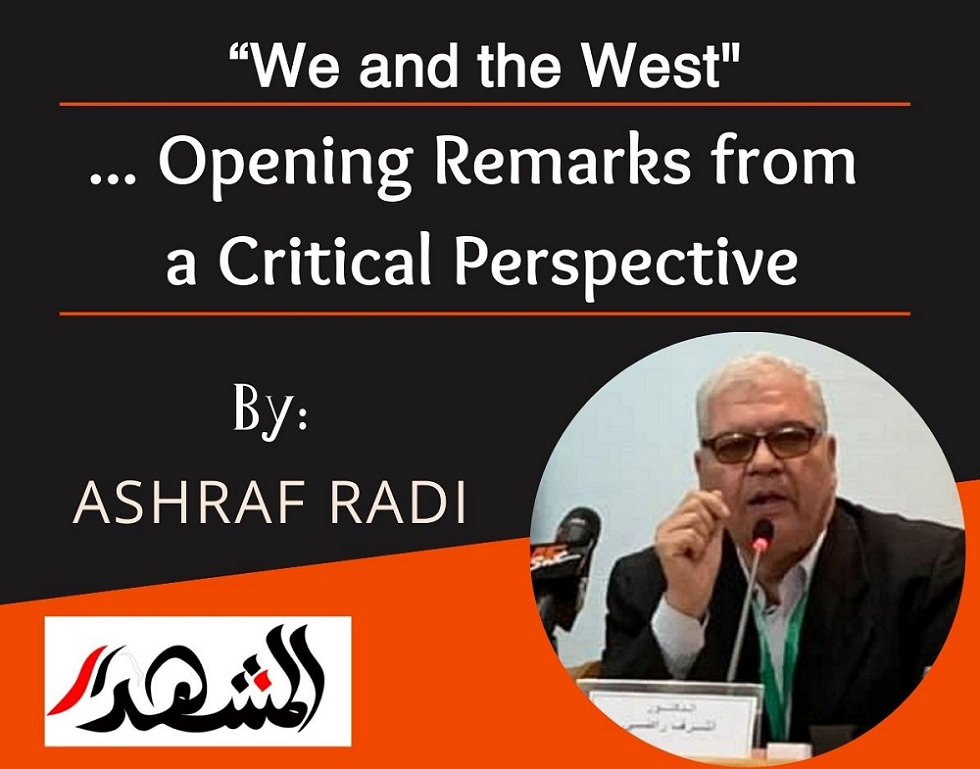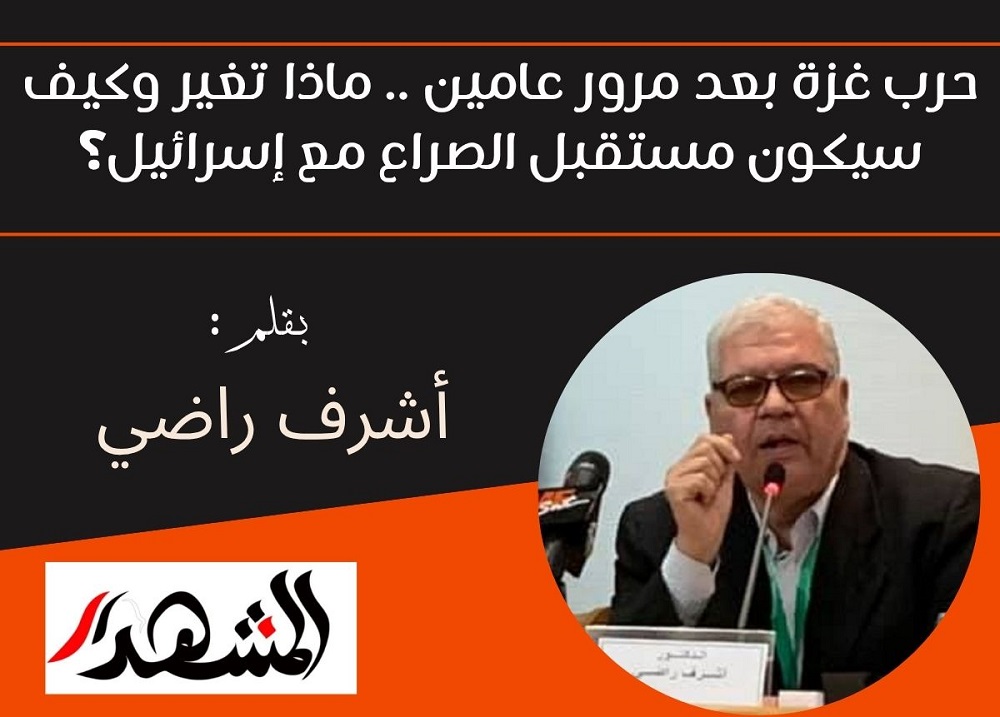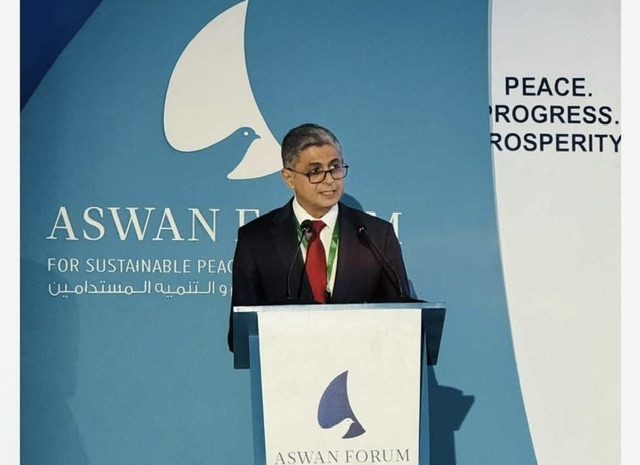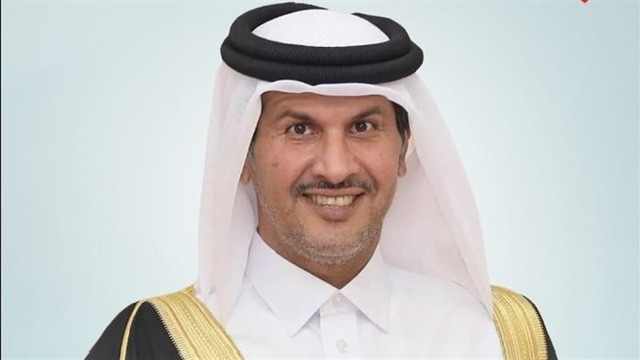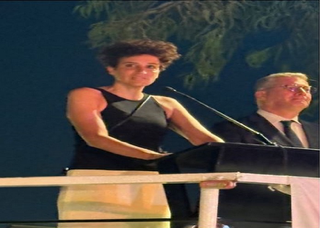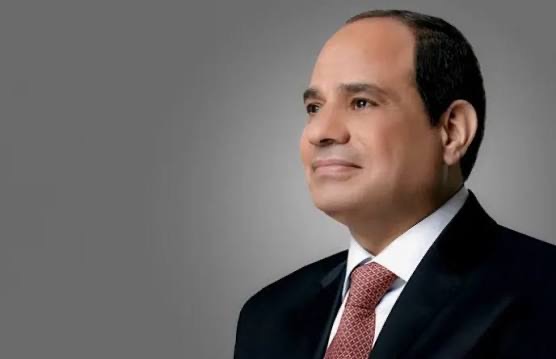Professor Magdy Shandi, editor-in-chief of *Al-Mashhad* newspaper, did well to organize a seminar that resembled a panel discussion. The event revolved around observations based on real-life experiences, presented by Dr. Salim Al-Abdali, an Iraqi academic and intellectual who has resided in Denmark for over forty years. His insights stem from his journey through Western societies, beginning when he left Iraq voluntarily at the age of twenty to escape a repressive regime whose authoritarian practices forced nearly two million Iraqis to flee, either voluntarily or by force. These observations, which reflect the nature of our relationship with Western societies and our interactions with them, are of great importance—especially when approached through a scientific mindset free from preconceived notions and absolute judgments, and open to revising entrenched ideas in light of new experiences and realities. The ultimate goal is the relentless pursuit of truth, aiming to correct many of our preconceptions and foster a positive and constructive engagement with the world in all its dimensions.
One notable observation made by Dr. Al-Abdali during his talk concerned his experience in China. In response to a question about his perspective on China as a contrasting experience to his time in Western Europe and the United States, he mentioned that he had personally prepared a journal documenting all the knowledge he had gathered about China before his visit. He noted that Western narratives were his primary source of information. He treated this prior knowledge as hypotheses to be tested against his firsthand observations during his stay in China, where he spent time as a lecturer at Capital Normal University in Beijing. This comparison between his preconceived notions and his actual experiences helped him correct the distorted image of China painted by Western narratives. This observation reminded me of two books: *Civilization: The West and the Rest* (2011) by Scottish historian Niall Ferguson (b. 1964), a prominent defender of the British Empire, and *Colonising Egypt* (1988) by American historian Timothy Mitchell. Both books explore how the West has produced its perceptions of the rest of the world during the colonial and post-colonial eras. The key takeaway from Dr. Salim’s insightful observation is the need to precisely define the Western perspective on non-Western societies and to test the foundations of this perspective through careful and systematic observation. This approach should guide our examination of our own views of the West and our relationship with it.
Freedom from Preconceptions
The ambition is for this lecture, the discussion it sparked, and this article—along with subsequent articles by myself and others—to serve as a starting point for a broader, ongoing, and open dialogue among intellectuals and writers. Through these articles, we hope to offer diverse perspectives on the topic, helping elites in Egypt and across the Arab world to rethink this pivotal issue. This dialogue should enable our intellectuals and elites to become part of the solution rather than a source of crisis or problem. It should also pave the way for wider discussions involving intellectuals and elites from Western and non-Western societies, restoring the role of enlightened thinkers in formulating a counter-project to the one promoted by far-right movements in various societies. These movements exploit historical animosities by reinforcing preconceived notions, prejudices, and stereotypes in the public mind. I do not know whether this ambition will be realized, nor can I predict where this dialogue between differing visions might lead. But I do know that we must begin this effort, as it is the only way to discover what is possible, develop it, recognize the challenges, and overcome them. The seminar and the ensuing discussion mark the starting point, which concerned intellectuals and writers must seize.
Emphasizing the necessity and importance of freeing ourselves from preconceptions and avoiding absolute or categorical judgments may be a key condition for the success of such a dialogue. All participants should aim to reach new conclusions that help bring about the desired change. The goal of dialogue between two or more parties is to work together to build ideas and visions. In this sense, dialogue differs from a monologue, which reflects self-talk or introspection, where an individual presents their views in isolation from others. It also differs from debate, where each party seeks to prove the correctness of their perspective, often clinging to their opinion regardless of its alignment with reality. The primary function of any dialogue is to rid us of cognitive biases, blind spots in our thinking, fixed perceptions, and ideological rigidity. Most importantly, dialogue is a fundamental mechanism for accumulating knowledge through the exchange of diverse opinions and the continuous testing of our preconceived notions against experience. However, the greatest value of dialogue extends beyond the participants to the general public, as it works to change prevailing thought patterns in society. It encourages a continuous process of research and attention to reality and information, rather than rigid perceptions and visions. In this sense, dialogue becomes a crucial mechanism for change, freeing us from authoritarian preconceptions and reducing the influence of intellectual and ideological extremism.
Dialogue helps us transition to systematic scientific thinking on any issue. It encourages critical thinking based on the principle of "relativity," where our conclusions and opinions are understood within the limits of the data, information, and tools available to us. It makes us more focused on the future and the search for solutions relevant to the present moment. It allows us to distinguish between what is realistic, reasonable, and rooted in shared experiences with others, and what is based on personal beliefs or mythical and superstitious ideas unsupported by facts. Dialogue constantly puts our ideas and judgments to the test. Human thought has evolved unprecedentedly alongside scientific progress, and both have profoundly influenced our understanding of the world and ourselves. They have made us more capable of discerning things, developing ourselves, and shaping and changing the world. Humans are the only beings capable not only of learning from their experiences but also of drawing conclusions that help them explore new alternatives to improve their lives and adapt to their environment. Therefore, we must approach the issue of our relationship with the West as a problem that poses challenges. Through this expanded, multi-level, and phased dialogue, we can discover new paths and alternatives for the future. This effort will not only benefit us but also Western societies, helping to correct the relationship between the West and the rest of the world.
Civilization, Culture, and Universal Values
There is a fundamental issue in our current relationship with the West stemming from a significant confusion between several concepts. This confusion is not limited to intellectuals, thinkers, and the general public in our Arab and Islamic societies; many Western thinkers and researchers also fall into it, whether intentionally or unintentionally. The concept of "civilization" is one of the most conflated and overlapping concepts, often confused with urbanization, culture, and even history. Another issue arises from the collective self-centeredness that has developed alongside human societies, leading to the idea of differentiation, superiority, and preference. This has resulted in a blending of values and concepts tied to specific cultures with those associated with human development, which are universal values. The definition provided by Dr. Hussein Mo'nes, a professor of Egyptian history, in his book *Civilization: A Study of Its Origins and Factors of Establishment and Development*, may offer a clearer understanding of civilization compared to other definitions. His definition aligns closely with that of British historian Will Durant (1885–1981) in his monumental work, *The Story of Civilization*.
In the introduction to his book, published in January 1987 as part of the *World of Knowledge* series—a monthly book series issued by the National Council for Culture, Arts, and Letters in Kuwait—Mo'nes noted that he was addressing a new topic, as only three books had previously dealt directly with it. His definition of civilization severs the link between civilization and specific races or peoples, presenting it instead as a distinctly human concept. For him, civilization is "the fruit of every effort made by humans to improve their living conditions." Thus, it is most clearly and accurately represented in discoveries that underpin human life, such as the loaf of bread and the clay pot. These inventions took humanity tens of thousands of years to develop and marked a transition from one historical era to another. They are tied to achievements that benefit the largest number of people, providing stability and security, and represent turning points in human life with far-reaching effects. In this sense, civilization is both a part of history and a byproduct of it. However, the connection between history and civilization, and their dynamic interplay, has given each a new meaning. History is no longer confined to the past but also encompasses the present and the future. Similarly, the new concept of civilization is linked to progress and the movement of history, both of which are tied to the idea of urbanization as derived by Ibn Khaldun in his studies of history and society. Civilization has thus acquired a new meaning, signifying control over its achievements and the knowledge of how to use and benefit from them. This requires intellectual and moral strength; otherwise, civilizational achievements can become tools that revert humanity to a state of brutal primitiveness.
The discussion in the sixth chapter of Mo'nes' book on the relationship between civilization and culture helps us distinguish between the two, despite their close connection. Since the mid-20th century, thinking about civilization has increasingly rejected the notion of a singular world civilization, instead emphasizing the plurality of civilizations. This view, however, is imprecise and requires revision in light of a reexamination of the relationship between civilization and culture. World civilization is singular; it sets the standards for progress and modernity, defining the rules of behavior and interaction. Cultures, on the other hand, are multiple and relative. Civilization, as a global concept, is not the exclusive property of any race, people, or nation. All nations and cultures contribute to it to the extent that they produce achievements that advance humanity. Theoretically and practically, humanity can benefit from these achievements, but no group or groups can claim progress as their own, even if they control the tools and mechanisms for achieving it and benefit from the accumulation of knowledge. This distinction is crucial for separating universal values tied to civilization from cultural values tied to specific human groups. The confusion between these two spheres is a major cause of the crises between human groups. Undoubtedly, many universal values associated with humanity are more fully realized in European and Western societies, as these societies have become the center of the current world civilization. Some view this civilization as Christian-Jewish, while others see it as a materialistic, capitalist civilization rooted in the idea of scientific progress.
The History of Civilizations and Dismantling Stereotypes
A return to the history of civilizations may help us better understand the relationship between Muslims, Arabs, and the West. This topic has been revisited since the shock of modernity that Egypt and the Ottoman Empire experienced, beginning with the French campaign in Egypt at the end of the 18th century and the start of the 19th century. The peoples of the region awoke from a deep slumber to a new world shaped in Europe, which had achieved remarkable progress. This issue took a different turn during the first four decades of the new millennium, which began with the September 11, 2001 attacks and their aftermath, further distancing us from Western societies despite the intensified interactions brought about by globalization. Undoubtedly, the roots of this relationship go back much further, marked by conflict since Alexander the Great's expansion eastward and southward against the Persians, leading to the establishment of the Roman Empire. This empire lasted about six centuries before the rise of Muslim Arabs, who expanded from the Arabian Peninsula eastward and westward, establishing successive empires under the Islamic caliphate system, which officially ended in 1924. This history was punctuated by a series of wars and military confrontations between the two empires, the most famous of which were the Crusades in the Arab East, lasting nearly three centuries (1092–1291), and the Reconquista, which ended Arab-Islamic rule in Andalusia by the mid-15th century, specifically in 1492. However, the relationship between the two shores of the Mediterranean was not solely defined by military confrontations; it also included many forms of cooperation and cultural exchange, even during times of war, which helped modify the stereotypes held by both sides.
The debate over the relationship between the Arab world and the West has resurfaced in recent years, particularly after the outbreak of the Ukrainian war in February 2022. Comparisons were drawn between how European countries treated Ukrainian refugees and how they treated refugees from the Global South, whether from the Arab and Islamic world or African countries. This debate intensified after the Gaza war in October 2023 and the position of European countries on Israel's brutal aggression against Palestinian civilians in the Gaza Strip, which many observers described as a war of "extermination" or ethnic cleansing through displacement and the targeting of civilians. In light of the rise of extremists on both sides since the September 11 attacks and the division of the world into "two camps," it is necessary to revisit this issue from a critical perspective. The goal is to clarify the potential paths for the fraught relationship between the West and the Arab world and to explore ways to rebuild it in a manner that counters the narratives of extremists, who rely on claims of racism and superiority. This requires a critical and analytical examination of these relations, focusing on points of friction and conflict to develop mechanisms that foster a new type of interaction between the West and the rest of the world. There are several preliminary observations to consider as we embark on this effort, which we hope will involve Egyptian and Arab intellectuals, as well as their Western counterparts.
The most dangerous aspect of the "us and the West" issue is the reliance on stereotypes based on generalizations. These stereotypes prevent us from seeing the realities, changes, and transformations within each society, as well as the intense interactions between the two sides. They hinder an accurate assessment of the true causes of conflict or the catalysts for constructive cooperation, giving extremists room to advance their agendas, which are less about confronting the "other" and more about tightening control over their own societies. The primary goal of right-wing and populist parties in Western countries is to consolidate their control over these societies and overturn their historical experiences, which produced social and political systems that set standards for modernity and progress. These systems were based on the concept of "freedom"—the freedom of the individual against the collective—regulated through a network of modern legislation and institutional arrangements designed to protect this freedom from various forms of tyranny and oppression. However, the pace of progress achieved through science, research, and their applications, which provided individuals with tools for control and dominance, has outpaced the progress made at the level of values. This disparity has led to numerous problems, discussed by Arab thinkers who emigrated to Europe and by European thinkers who reconsidered many of the assumptions underlying their study of non-European societies as part of a project to critique Orientalism, to which Arab thinkers contributed. However, the vast disparity in wealth and capabilities between Western societies and Arab and Islamic countries has been a source of many problems and issues that deserve separate discussion in another article. The starting point for such a discussion might be a review of the false claim that the West is materially superior but morally and ethically declining, while the Arab world is materially backward but morally and ethically superior. Following the approach outlined in the introduction to this article, this claim remains a hypothesis that requires testing.
Author: Ashraf Radi
